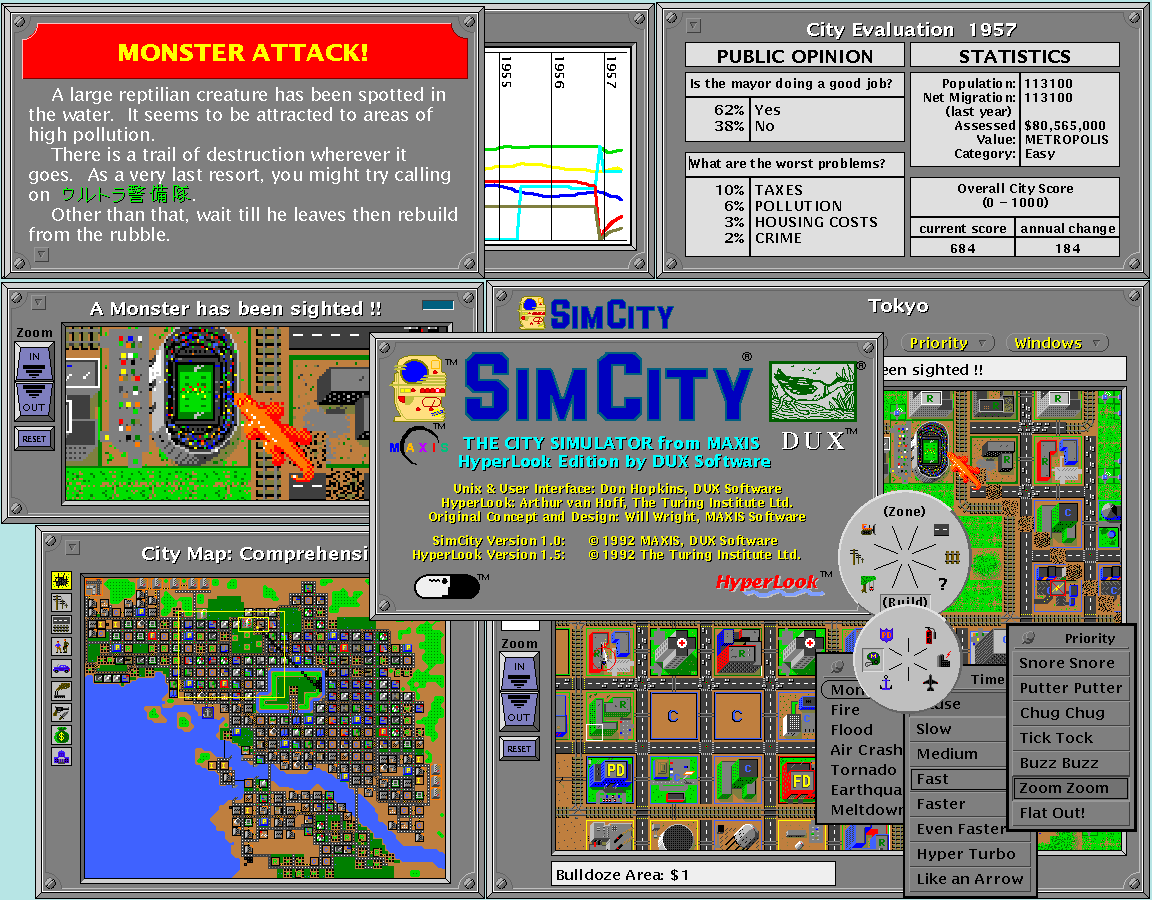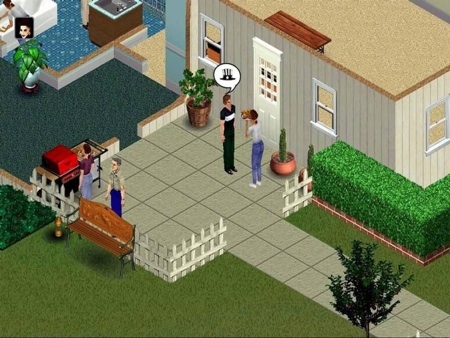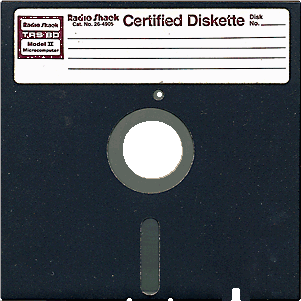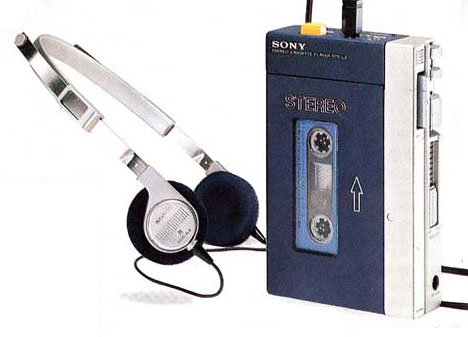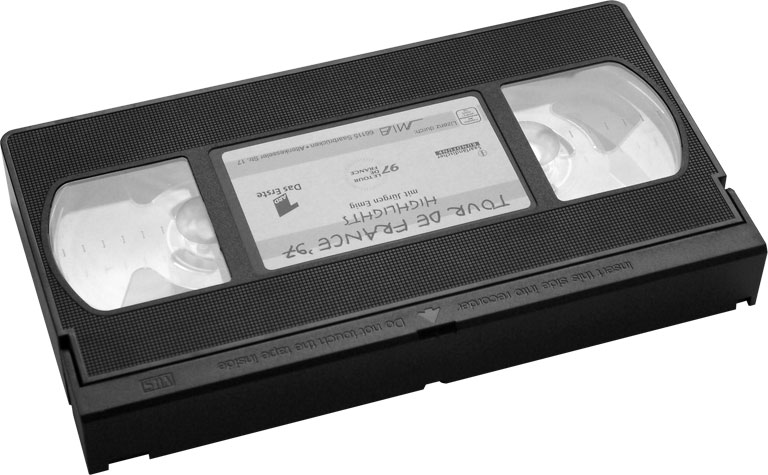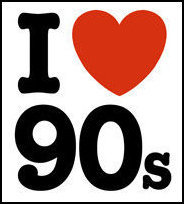It can be hard to pretend you're still young and hip when so many of your technology reminiscences to anyone more than five years younger than you begin with a crotchety " When I was your age, we didn't have this newfangled (insert new and overly complicated mode of communication here.)" Who would have guessed that within a span of ten or fifteen years, the face of technology and human interaction could be rendered nearly unrecognizable from the simple telephone and instant messenger relations of our youth?
I freely admit I have found myself in multiple scenarios during which interacting with a friend in person has quickly devolved into showing off our respective front facing cell phone cameras to engage in simulated FaceTime. Never mind the fact that we are physically face to face in the same room. Because look how cool it is when we can video chat in tandem after only thirteen minutes and four failed network connection attempts! Now isn't that more interesting than plain old lower case face time?
While we're doling out the elderly style complaints (someone be a dear and bring me an afghan, wont you?) don't even get me started on hashtags. Why exactly does putting what I still think of as the number sign (or alternatively, the most boring button on my phone) in front of awholebunchofwordswithoutspaceslikethis suddenly constitute an astute sampling of social commentary? #imgettingtoooldforthiscrap
Call me a hypocrite for writing this on the Internet (and you probably should, especially since I'm typing it using my brand-spanking new Kindle Fire, albeit with lots of touchscreen misfire typos) but I just can't get behind changing my entire concept of communication and entertainment every time a new piece of technology is released.
Back in our day (and you legally need to be at least 22 to use that phrase, for future complaining reference) most technology existed to serve a single purpose. Even when I was in high school, it was largely unfathomable that someday you might be able to carry around some futuristic hybrid of your phone/camera/computer/calendar/book collecition/music player in your pocket. Barring, of course, the chance that you possessed a great deal of duct tape and/or some very large pockets.
Though there exist endless examples of fast-paced technological change from our simple 90s childhoods to the present day bonanza of ever-changing available devices, here are a few of my favorites that keep me feeling good and old at the ripe old age of 26.
Cell Phones: Then and Now
Then:
Now
: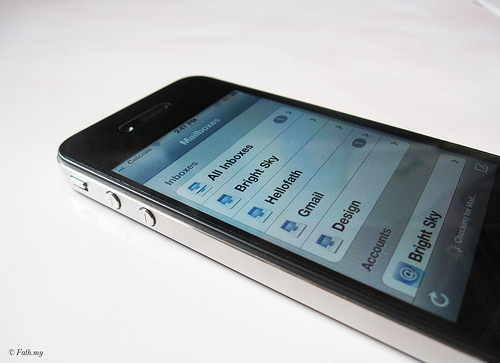
As any dutiful Saved by the Bell fan will attest, the quintessential “first realization of the existence of cell phones” moment came while ogling Zack Morris as he chatted on what looked like the indestructible little black box from an airplane crash scene. It was essentially a large plastic brick with a keypad and a huge antenna that veered dangerously into rabbit-ear territory and we all coveted it shamelessly.
Enter today, when our cell phones are about one-tenth the size with a thousand times the capability. Most of us have been out to dinner with friends or at some other in-person social gathering when you realize that every single person has whipped out their smartphone, creating a unique situation of socializing by proximity while simultaneously isolating ourselves into the self-created vortex of personal technology. Now that’s what I call a party!
Computers: Then and Now
Then:
Now:
It’s hard for me even to admit this sometimes for fear of sounding astoundingly middle-aged, but the first computer my family owned actually had a black-and-green-only screen. That’s right, pixelated screen colors hadn’t even broken onto the computer technology scene when I was playing Space Invaders on my Apple II. That’s how primitive our technology was. Scary, I know.
When laptops first debuted, it was hard to imagine computers could get any smaller. “But it can fit on my lap! Surely you can’t shrink it smaller than standard lap-size, adjusted for level of obesity!” But oh, they can. This mysterious “they” has morphed the oversized desktop into a cutely portable iPad or other knock-off tablet. Mark my words, someday we’ll be computing on pieces of looseleaf paper. That’s how thin these things are going to get (end prophecy transmission).
Data Storage: Then and Now
Then:
Now:
I remember looking at an oversized floppy disk and thinking, “but how did my ClarisWorks file get on you?” My understanding of data storage hasn’t increased, but my fascination with how small or even non-physical we can make it certainly has. Now we’ve got the ominously named “Cloud”, which conveniently stores all of my files in some remote online lair. It’s not perfect, of course. Any disruption of wireless internet means all of my files are dead to me until it’s restored. Damn you, Cloud, and your connectivity loopholes for holding my treasured Pinterest repins temporarily hostage!
Cameras: Then and Now
Then:
Now:
Remember film? If not, you should probably be reading some younger, cooler blog. Go ahead, I’ll give you some time to find something more hipsterish. Try looking for something wearing ironic black frames pseudo-intellectual glasses with clear lenses. That should be your first tip-off.
Are they all gone? Okay, good, now we can get down to business and recollect some things those kids have probably never even heard of. Seriously, some of them have never even seen a roll of film. They don’t even get what the film pictogram means on the sign that indicates what items should not go through the x-ray scanner at airport security.
Perhaps you remember when it was fascinating to think a photo lab had the capability to process your negatives into full-blown prints in just one hour. It seemed like such a breakthrough. If you can try to remember far enough back to the first time you saw a digital camera, perhaps you can recall just how amazed you were that the picture you just took was already visible on a tiny low-res screen. That was some crazy stuff. These days, we can take pictures with just about anything with an on-off switch, but back in the day, we used to actually wait for pictures to be developed to discover if they were flattering. Perish the thought.
Music Players: Then and Now
Then:
Now:
Boomboxes and Walkmans. Those words probably sound like no more than nonsensical gibberish to today’s children, whose music players are roughly the size of my pinky toe. I still remember upgrading from a cassette playing Walkman to a CD-playing Discman. At the time, I was almost certain that no, it just could not get any cooler than this.
Even in college, I still had a cassette tape adapter for my car that physically plugged into my external Discman to play burned mix CDs. It all seems so primitive now, considering every song I own is now available at the touch of a button on my phone. How are kids these days supposed to understand the significance of the gift of a good, heartfelt mix tape or CD? How, I ask you?
Books: Then and Now
Then:
Now:
Okay, I’ll just come out and say it. I’ve switched over to the dark side. I swore that books and I would never end our torrid ongoing love affair, but then my husband bought me a Kindle and I felt like a such a guilty two-timer. I tried to keep seeing books on the side, but they just didn’t have the same spark. Literally. They have no battery component. Bummer. I’m sorry, I promise I feel repentant. It’s just that now when I move to a new house, my book collection weighs one pound instead of 350 divided into 42 boxes. No offense, books, but that sounds like kind of a better deal, at least back-pain wise.
During what I assume was our respective period of childhood (since you’ve self-identified as a child of the 90s by virtue of arriving at this blog), a book was a tangible object and could be acquired at a bookstore or public library. Or a private library, I suppose, but I guess I never got invited to any of those. Of course, I don’t know two many eight-year olds with their own e-readers, so I suppose the Goosebumps franchise may still live to see another gory day.












